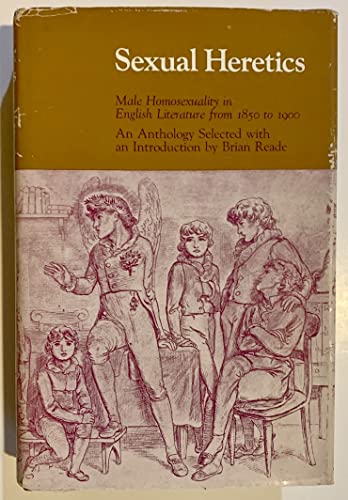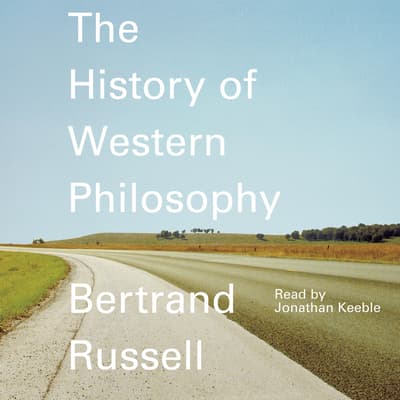

Three chapters are written on Locke though his inconsistencies are persistently pointed out. The book is written not with an emphasis on who Russell thinks was right, but on who was influential. From this perspective, he is able to look back at the entire Western canon of philosophy and make judgments about each and every philosophical position. Russell himself calls it the answer to all the inconsistencies in Kant in closing the gap between a priori knowledge and a posteriori knowledge. He and his colleagues constructed a system via logical positivism that seemed at the time to close many of the gaps in philosophy. His ideas about logic, ethics, and philosophy at large have lasted as the vast library of analytic philosophy over the last century.

In some ways, he is the quintessential dogmatic academic. It’s undeniable that Bertrand Russell has had an intense influence on a very large portion of Western thought since his heyday.


 0 kommentar(er)
0 kommentar(er)
